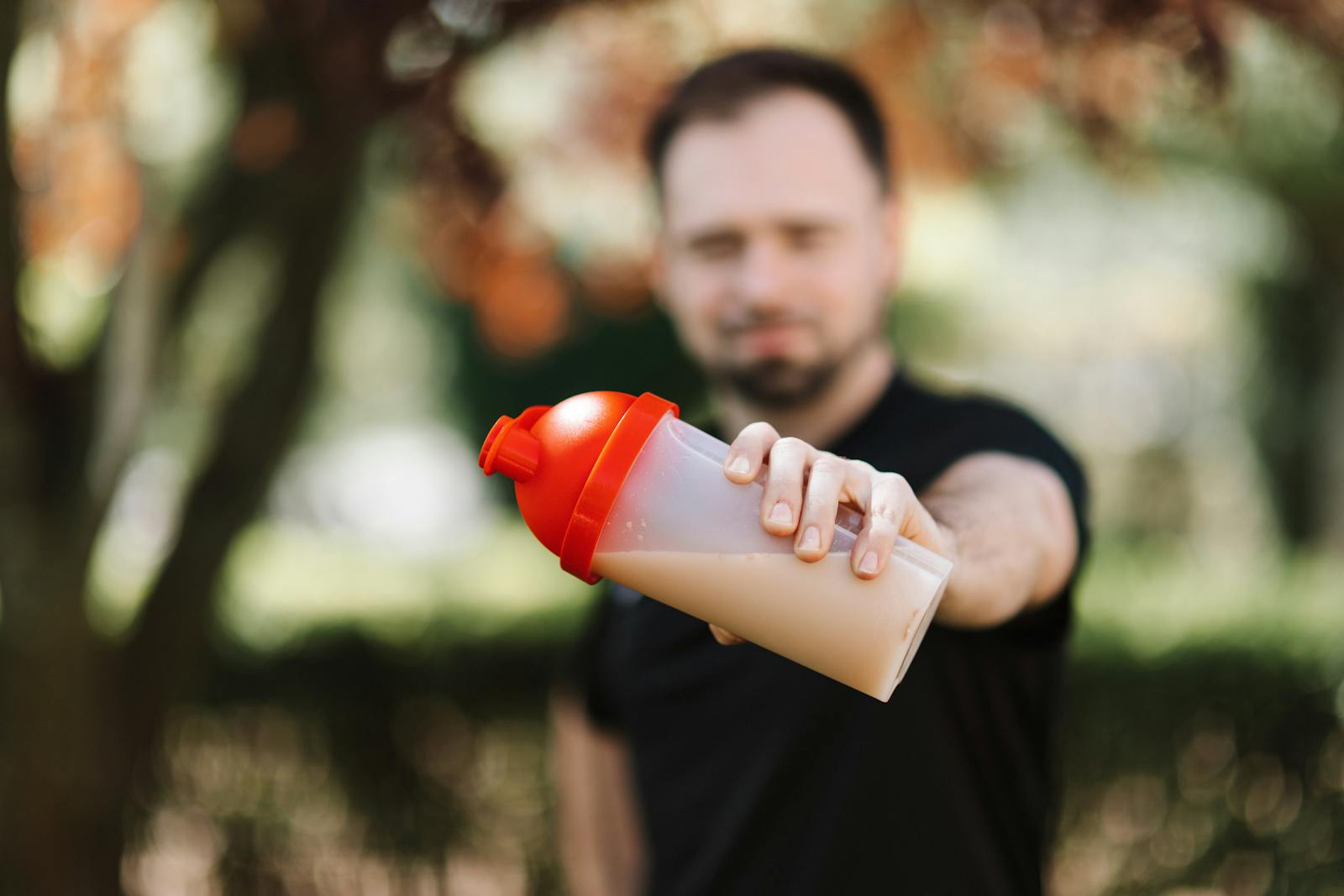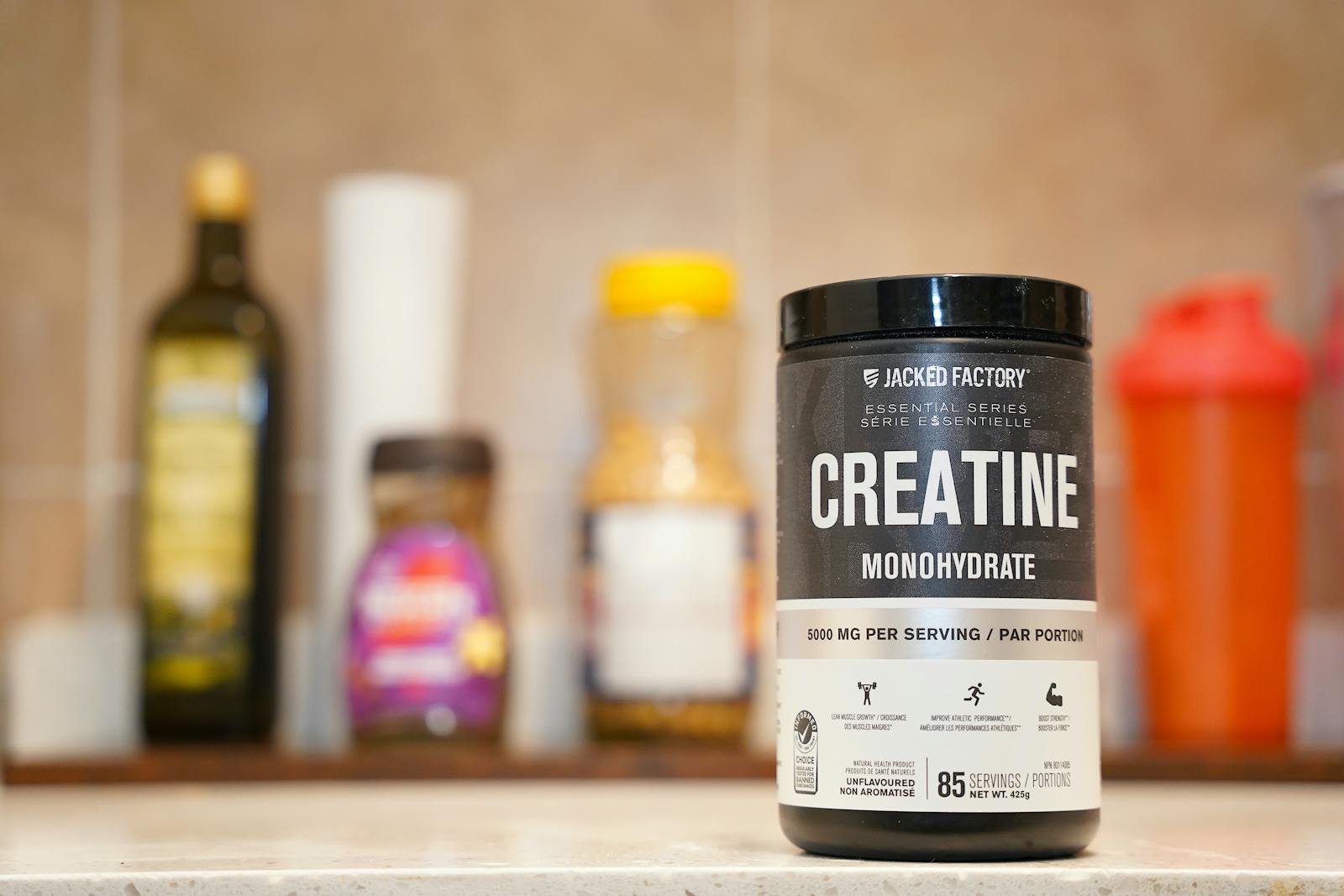What a pre-workout is and what it does
Pre-workout supplements are blended products designed to increase energy, focus, and blood flow before exercise. They typically combine ingredients that have evidence for performance benefits — but formulations vary widely, and many products include fillers and proprietary blends that make dosing unclear.
Key evidence-backed ingredients
Caffeine: An effective ergogenic aid when dosed properly; blood levels peak ~45–60 minutes after ingestion, and research commonly supports ~3 mg/kg body weight for performance benefits.
Beta-alanine: Supports carnosine synthesis and can improve tolerance to efforts in the ~2–4 minute range when loaded at ~2–5 g/day for weeks. Results vary for longer events.
Creatine: Often included for strength and recovery benefits; recommended maintenance dosing is ~5 g/day of creatine monohydrate.
Electrolytes, carbs & citrulline: Electrolytes help prevent cramps and dizziness when sweating is large; carbs provide immediate fuel for high-intensity efforts; citrulline (4–8 g citrulline malate) may improve blood flow and recovery in some contexts.
Do you need one? The practical answer
Not necessarily. Whole-food snacks (small carb + protein) and a cup of coffee can deliver many of the same benefits in a cleaner package. A pre-workout supplement can be useful when you need concentrated, convenient dosing of multiple performance ingredients — for example on long training days, early mornings, or when energy is low — but choose wisely.
How to choose a safe product
Prioritize products with transparent labels and third-party certification (NSF Certified for Sport, Informed Sport) to reduce contamination risk. Avoid supplements with large proprietary blends, heavy stimulants, or unnecessary fillers. And never rely on a pre-workout to compensate for poor sleep, inadequate calories, or dehydration.
Pre-workouts are a tool — not a requirement. If you use one, pick evidence-based ingredients, verify the brand’s testing, and remember that fundamentals (training, sleep, hydration and nutrition) remain the primary drivers of performance.




